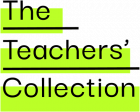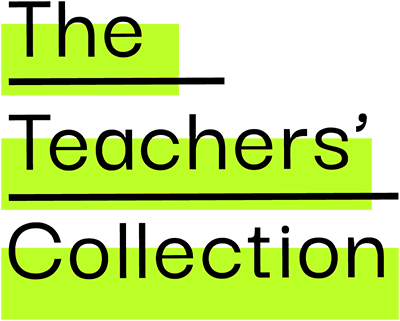About
As with the other national curriculum subjects there are four strands to support high quality subject knowledge:
- National curriculum importance statements
- Authentic sources
- Subject associations
- Twitter communities
To help us get our bearings, it is worth quoting the purpose of geography from the national curriculum programme of study: ‘a high-quality geography education should inspire in pupils a curiosity and fascination about the world and its people that will remain with them for the rest of their lives. Teaching should equip pupils with knowledge about diverse places, people, resources and natural and human environments, together with a deep understanding of the Earth’s key physical and human processes. As pupils progress, their growing knowledge about the world should help them to deepen their understanding of the interaction between physical and human processes, and of the formation and use of landscapes and environments. Geographical knowledge, understanding and skills provide the framework and approaches that explain how the Earth’s features at different scales are shaped, interconnected and change over time’.
The national curriculum for geography aims to ensure that all pupils: ‘develop contextual knowledge of the location of globally significant places – both terrestrial and marine – including their defining physical and human characteristics and how these provide a geographical context for understanding the actions of processes; understand the processes that give rise to key physical and human geographical features of the world, how these are interdependent and how they bring about spatial variation and change over time; are competent in the geographical skills needed to: collect, analyse and communicate with a range of data gathered through experiences of fieldwork that deepen their understanding of geographical processes; interpret a range of sources of geographical information, including maps, diagrams, globes, aerial photographs and Geographical Information Systems (GIS); communicate geographical information in a variety of ways, including through maps, numerical and quantitative skills and writing at length.’
Once the importance statements have been revisited, it is helpful for subject leaders and coordinators to discuss and agree with colleagues, the reason why their subject, in this case geography, is important for the pupils in their school. One way of doing this, is to draw on a quote, in this case from Michael Palin, ‘you can travel the seas, poles and deserts and see nothing. To really understand the world, you need to get under the skin of the people and places. In other words, learn about geography. I can’t imagine a subject more relevant in schools. We’d all be lost without it.’ This kind of prompt allows us to formulate our way of stating the importance of the subject. We might agree or disagree with such a statement and in doing so come to a form of words which expresses our view of the importance of this subject, in this school. This moves us away from the territory of ‘we teach this subject because of the SATS or GCSEs’. While the external tests and exams are important, they are not the totality of the subject.
Subject associations are important because at the heart of their work is curriculum thinking, development and resources. The subject association for geography is the Geographical Association and it should be the case that any member of staff with responsibility for a subject should be a member of the relevant subject association, and this should be paid for by the school.
Professional Communities
Twitter subject communities are important for the development of subject knowledge, because it is here that there are lively debates about what to teach, how to teach and the kinds of resources that are helpful. For geography it is worth following the Geographical Association on Twitter and the hashtags #Geography #geographyteacher #geographyteachers
Links
- The Royal Geographical Society (with IBG) is the learned society for professional Geographers in the United Kingdom. The key bridge between the academic, professional and practitioner worlds, the RGS offers membership for institutions.
- Geographical Association
- Google Maps
- Ordnance Survey Map Skills
- Geographical Information Systems GIS
- World Mapper
- BBC Geography
- Time for Geography
- National Geographic
- BBC Radio 4 Great Lives, contains many geographers and explorers
- Guardian Eye Witness
- Royal Geographical Society with IBG
- GIS

